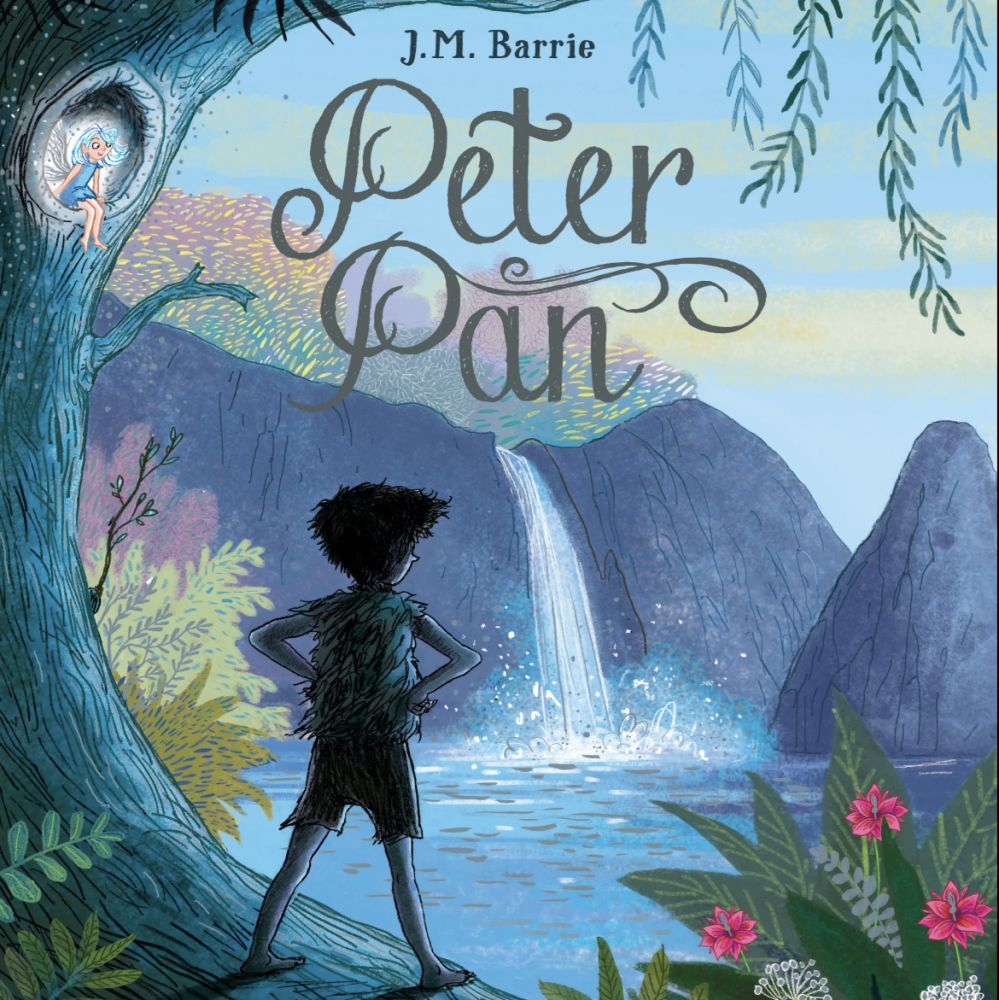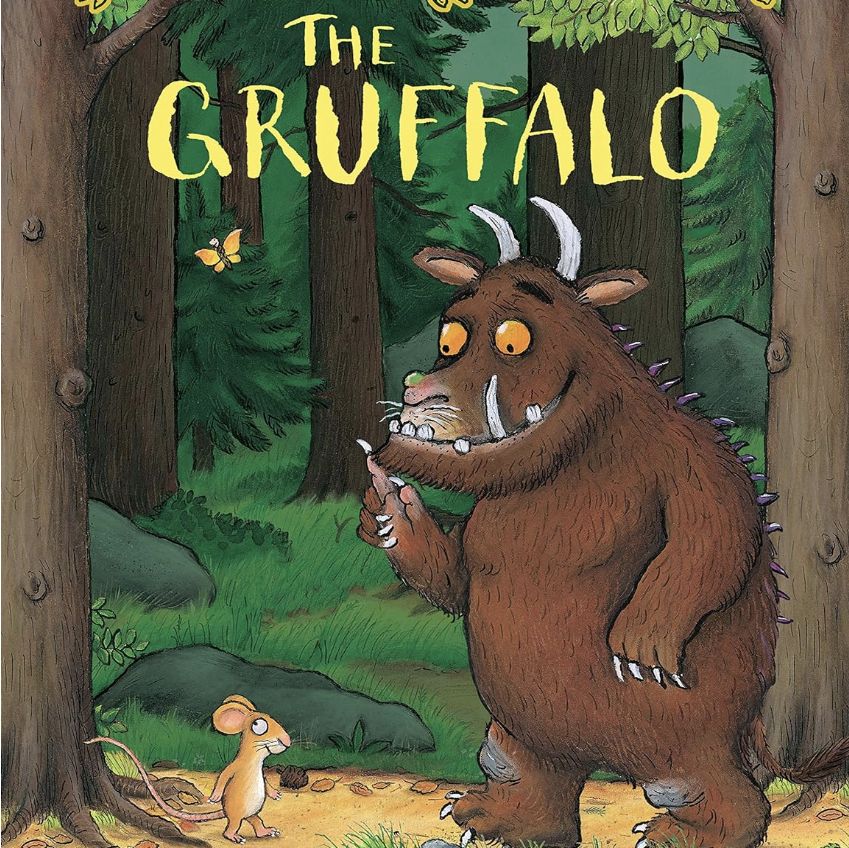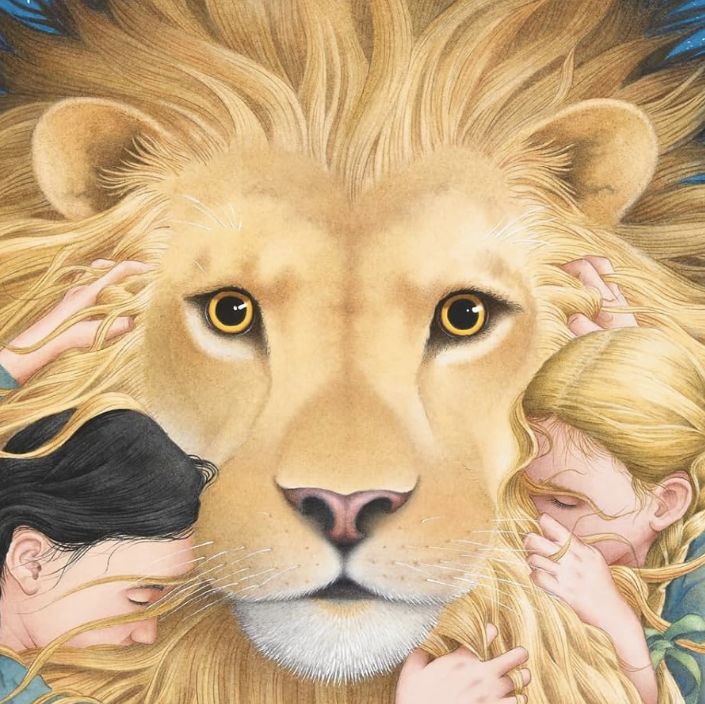
'Origin Stories' A Sermon for the Second Sunday Before Lent
The sermon for the Holy Communion service on the Second Sunday before Lent on the 4th of February 2024.
Rachael Brind-Surch explores the question of how we begin a story and how our stories begin.
The readings she is reflecting on are:
Sermon
How do we start a story?
I have some famous first lines for you, I wonder if you can guess which books they belong to:
“All children, except one, grow up.” (Peter Pan by J M Barrie)
"Once there were four children whose names were Peter, Susan, Edmond, and Lucy.” (The Lion, the Witch and the Wardrobe, C. S. Lewis)
"A mouse took a stroll through the deep dark wood. A fox saw the mouse and the mouse looked good. (The Gruffalo, Julia Donaldson)
Ok so I have four more for you:
‘An account of the genealogy of Jesus the Messiah, the Son of David, the Son of Abraham’ (Matthew’s gospel)
‘The beginning of the good news of Jesus Christ’ You might be able to see where this is going (Marks Gospel)
‘Since many have undertaken to compile a narrative about the events that have been fulfilled among us, just as they were handed onto us by those who, from the beginning, were eyewitnesses and servants of the word, I, too, decided as one having a grasp of everything from the start, to write a well-ordered account for you, most excellent, Theophilus, so that you may have a firm grasp of the words in which you have been instructed.’ (Luke’s gospel)
And finally one more:
‘In the beginning, was the Word and the Word was with God, and the Word was God. He was in the beginning with God, all things came into being through him, and without him, not one thing came into being. What has come into being in him was life, and the life was the light of all people. The light shines in the darkness, and the darkness did not overtake it’
Our Gospel reading this morning, is the beginning of John’s gospel.
The start of the biggest story the author would ever tell.
The story of Jesus Christ.
What a huge challenge to figure out how to start a story like that.
How we start a story shows the listener or the reader something about the style of the story, introduces the themes of the story and it can even point towards the ending!
Our four different gospels in the bible each tell the same story, but each tells their story differently. However, each of them is an Origin Story.
When we talk about Origin stories, we might talk about how Peter Parker got bitten by a Spider, and then became Spiderman or how, Kal-el got sent to Earth, was adopted by the Kents and winds up being Superman.
Because an origin story is a backstory which tells us how a character or group of people become a hero or a villain.
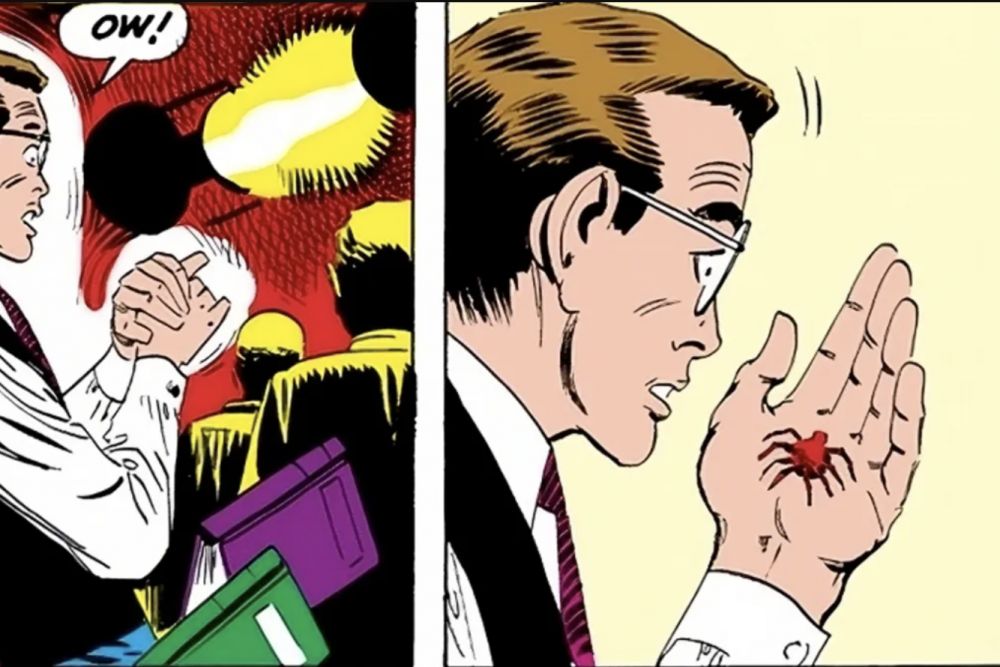
Matthew’s origin story introduces us to Jesus’ wider family and mentions several people who were not Jewish.
His gospel also ends with the instruction to, ‘Go into all nations and make followers for Jesus.’
so Matthew right from the start is hinting that – Jesus is Jewish, but he isn’t just here for Jewish people.
Mark is very abrupt and introduces us to Jesus via the Prophets Isaiah and John, and ignores all of Jesus’ childhood. His ending was also so abrupt- that some bible nerds don’t even agree about how or where it ends.
Luke’s origin story looks beyond Jesus and is more an Origin story of the church than just Jesus. It focuses on all of Jesus’ friends, his family and the people he met. His story doesn’t stop at the end of his first book but continues in the book of Acts.
Then we come to John. John’s origin story doesn’t begin with prophecies about Jesus, his family tree, his birth or Jesus’ ministry.
John knows that to tell Jesus’s origin story, the beginning has to be THE beginning.
As in, ‘in the beginning, God created the heavens and the earth’.
The very first words of the bible and the very first words of creation are repeated in the fourth gospel.
With John, we know we are hearing something both familiar and strange. Whatever else John has to tell us about, he sets his book out as a story of God and God’s creation, not just a story of one man in one place and time, however amazing that man may be.
Just as the creation story in Genesis reaches its peak with the arrival of the human race, John 1 reaches its peak with the arrival of Jesus, The Word becoming part of the human race.
But who is this Word? Well, the answer may lie in our first reading.Our reading from Proverbs is also about a beginning, and again not just any beginning but THE beginning.
It is a song, sung by God’s Wisdom.
And she, yes she, tells us how she was there even before God set about making stuff.
It's not an origin story we know as well as the story of Adam and Eve – but here wisdom describes herself as the Master worker, God’s right-hand woman who makes sense of God’s ideas about creation and gives them an order.
She speaks of delighting in creation and specifically deeply delighting in humans.
And you may well think really?
Is our creation really organised by Wisdom?
What is wise about our creation?
There is a lot about our world that doesn’t make sense and lots of stuff that is frankly, by our human standards, pretty unwise.
But God’s Wisdom is not just about making sense of creation. She is also about relationships. The Wisdom of God wants to share herself with us, the people she so delights in, and by getting to know her, we can understand a bit about how God’s plans work. We can begin to understand what life in God’s plan might look like.
But even with this in mind, I think we can all think of ways in which we may have lost sight of God’s wisdom. Where it has felt like the master worker took the day off or that Reason and order has gone on holiday leaving quite a bit of chaos. And in the meantime, we struggle to understand what God wants from us or how to feel close to them.
Well, this chaos and confusion may be precisely the darkness which John is talking about at the beginning of his story. John’s Gospel is full of pictures which tell us about complicated ideas. He often uses the picture of night or darkness to mean confusion and light or day to mean understanding.
And whilst some people think that John uses the term ‘The Word’ to simply refer to God’s Word, aka Scripture or the bible. Others believe that he instead means God’s wisdom.
This makes sense because John tells us that ‘The Word’, just like God’s Wisdom is there before creation, and that ‘The Word’, just like God’s Wisdom also had a role in creation.
Also in the language and time John was writing in,
the meaning of the Greek word bible nerds translate as ‘The Word’ was also used by clever Greek men to mean ‘a reasoning which gives order’…which sounds an awful lot like wisdom to me!
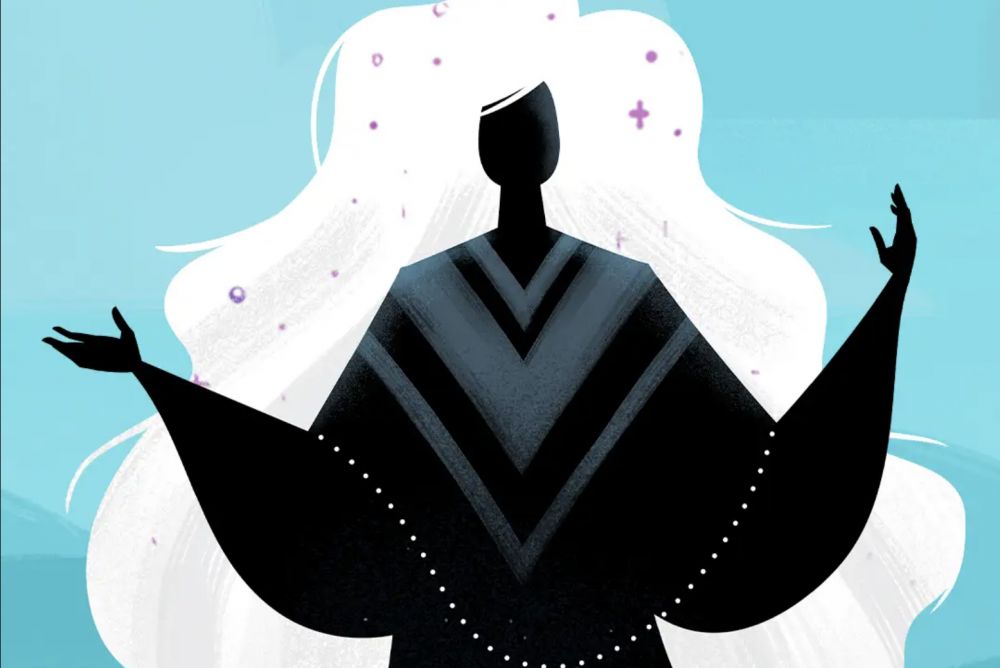
What a Wonderful Origin Story!
That God’s sense of order, God’s reason, God’s wisdom, that was there making all the world happen from day dot delighted and longed for us.
That God held such delight for us that no amount of damage, darkness, or confusion on our part could stop them from reaching out to us.
I wonder what it might mean to claim this as our origin story?
As the story of the human we see in the mirror
As the story of the human sat next to us in our pew,
Or the story of the human who cut us up in traffic,
Or was mean to us at work or at school,
What would it mean if we believed that the first line of each of our stories was:
‘Once there was a human, and the God, who raised mountains, who gathered oceans and painted sunsets, who gave penguins their waddle and giraffes their long necks or designed whatever your favourite animal is, delighted in them.’
Because John’s gospel tells us that this is Jesus’ Origin story.
That God delighted and longed for us so much, that when it looked like our understanding of God and how we should live in God’s creation was getting confused God came to us as Jesus.
It was because of God’s delight and love for us Jesus came so that we could learn from him, and be drawn back to God through his example. By learning about how he loved other people we could get closer to God’s wisdom and know God better.
This is the light John talks about, which helps show us pathways back to God which before were hard to see.
Jesus shows us God, when we struggle to see God,
Jesus helps us understand their reasoning, wisdom and ways, when we struggle to understand.
John tells us that we are each a part of Jesus’ story.
Isn’t that a story worth reading?

